The student interested in enrolling in the engineering in the aeronautical mechanical design program at the Aeronautical University in Querétaro must fulfill the following:
The engineer in Aeronautical mechanical design has the necessary professional competencies for his/her development in the labor, local, regional, and national fields.
Professional competencies are the skills that allow the engineer to develop activities in his work field, to adapt to new environments, as well as transfer, if needed, his knowledge, skills, and attitudes to forthcoming professional areas.
1. To manage design projects for mechanical elements, based on their technical specifications, regulations, and management methodologies, to guarantee compliance with the established goals and the quality of the element to be designed.
1.1 To Develop preliminary studies through applicable administrative and regulatory methodologies for the development of prototypes
1.2 To Structure design projects using advanced quality tools for prototypes release
2. To design mechanical elements and mechanisms applied to aircraft based on customer needs, applicable regulations, design theories, specialized software, and development of engineering drawings, to implement in air and ground systems.
2.1 To Formulate proposals for preliminary designs of mechanical elements and mechanisms through design methodologies, specialized software, and applicable regulations, to develop prototypes
2.2 To Develop the design of mechanical elements and mechanisms based on design methodologies, specialized software, and applicable regulations, to prepare the final product
3. To design mechanical systems based on product development methodologies and structural analysis tools to contribute to the development and engineering of manufacturing and maintenance processes for aircraft, engines, and other industries in the metalworking sector, as well as technological innovation.
3.1 To Design tooling based on customer needs, applicable regulations, design theories, specialized software, development of engineering drawings, and technical manuals, to implement in manufacturing and maintenance processes.
3.2 To Design propulsive elements of internal combustion engines, based on the client's requirements and specifications, through thermodynamic, aerodynamic, and fluid dynamic design methodologies and considering the applicable regulations to determine the feasibility of its manufacture.
3.3 To Evaluate structural components for aeronautical use, by formal, experimental, and numerical methods, to determine the stress and deformation fields and provide information for decision making.
The Engineer in Aeronautical Mechanical Design will be able to work in:
The engineer in aeronautical Mechanical Design will be able to work as:
To Train Engineers in Aeronautical Mechanical Design with attitudes, values, knowledge, and skills in mechanical design, tooling design, structural analysis and validation and component design for the aeronautical sector, as well as development and implementation of industrial and research projects related to mechanical design in the aerospace industry, all of this under safety, discipline and quality standards for the social, economic and cultural development of Mexico.

Carretera Estatal 200 Querétaro – Tequisquiapan No. 22154
Col. Parque Aeroespacial de Querétaro.
Colón, Querétaro. México
C.P. 76278
Teléfono: (442) 101 66 00
2022 | Universidad Aeronáutica en Querétaro